The “Do-Nots” Of Conflict Management In The Workplace
Conflict is always a touchy subject. Whether you deal with it yourself or as part of a team, the dynamics can become tricky. But the worst thing you can do is ignore it.
However, the way in which conflict is handled can make or break teams, and you must approach the situation with caution. The wrong way to handle conflict at work invariably leads to disaster. So, here are some things you should never do when handling conflict:
DO NOT invalidate their emotions
Don't invalidate the emotions of the parties involved. It's easy to say "calm down" or "don't take it personally," but those phrases aren't helpful. They can make the other person feel more misunderstood than before — and that's not what you want at all.
If someone is upset, it's because they have a reason to be upset; don't dismiss their feelings or concerns as insignificant. Team members will listen more closely to what they hear if they feel that you understand and respect their feelings.
For example, if someone is upset about an issue in the workplace, don't tell them that they are being irrational or overly emotional. Instead, try saying something like, "I understand that this is upsetting for you." Or ask questions like "What makes this situation so upsetting for you?" or "What would be a better way of handling this?"
DO NOT jump to conclusions
It's easy to assume you know why someone is acting in a certain way, but don't make that assumption before you have all the facts. Whether it's their behaviour or their ideas about things like workplace policy or pay raises, take some time before deciding what the issue really is. You might find out that there's more than one person involved or that the problem isn't as big as you thought it was at first glance.
Jumping to conclusions can lead to miscommunication and can make the situation even worse. Asking questions is often the easiest way to get to the bottom of things. If you want to know why someone is doing something, ask them. Be specific and clear about what you're asking, so they understand what you need to know.
DO NOT take sides
Taking sides can severely dampen team morale and can potentially turn off other employees from contributing to the conversation. If there are several people involved in a conflict, try stepping back and letting everyone talk freely about their feelings without interruption from others in the room (or even from yourself).
Don't attempt mediation until everyone has finished expressing themselves fully. By then, you will then see if there's any common ground where you can work to resolve the issue. If you're still not sure how to handle the situation, ask someone else for advice.
You may also consider bringing in an expert in corporate team-building to equip you with conflict-resolution strategies. If you ever need ideas on how to convince your management to part with the budget, refer to these corporate team-building workshops as an “investment” instead of a “cost”.
DO NOT point fingers
When handling workplace conflict, do not assign blame. It’s easy to get caught up trying to figure out who did what wrong. But assigning blame only adds fuel to the fire and can cause people to feel defensive or angry. This can lead to finger-pointing, name-calling, and other negative behaviour that only escalates the conflict.
Instead, focus on problem-solving. What exactly happened? How can we fix it? What steps can we take to prevent it from happening again? Instead of blaming, focus on finding solutions. Work together as a team to come up with ideas that will help resolve the conflict, improve team dynamics, and increase team morale.
DO NOT let emotions take over
When handling workplace conflict, it’s important to keep your emotions in check. This can be difficult, but try not to react until you’ve had time to think through the situation and come up with a solution that works for everyone.
In addition, resist the urge to make personal attacks or use sarcasm or humour as a way of dealing with conflict. Do not let emotions cloud your judgment or cloud your judgment when dealing with the situation at hand. When emotions run high, there’s a tendency for people to say things they don’t mean or regret later — which only makes matters worse.
Using harsh language or raising your voice can cause others around you to feel uncomfortable or embarrassed about what is being said or who is saying it. This often leads to hurt feelings and resentment that could have been avoided if handled properly from the start. Be clear and direct.
Final Thoughts
Conflicts at work are never ideal, but with a little tact and foresight, they can be resolved quickly, efficiently, and hopefully without anyone getting fired or quitting.
While there are no hard and fast rules on how to handle conflict, the secret to doing so is in your preparation. You can incorporate conflict resolution and management in your corporate team-building initiatives. By arming your employees with the skills to deal with conflict, you can help them handle situations more effectively and reduce the chances of confrontation.
Written by Rachel Chai
Connectedness • Empathy • Strategic • Belief • Context
Rachel is a Strengths School™ Certified Strengths Trainer and the Content Lead at Strengths School™. Being deeply introspective, she believes in helping others draw connections between how their unique strengths play out in their lives.



